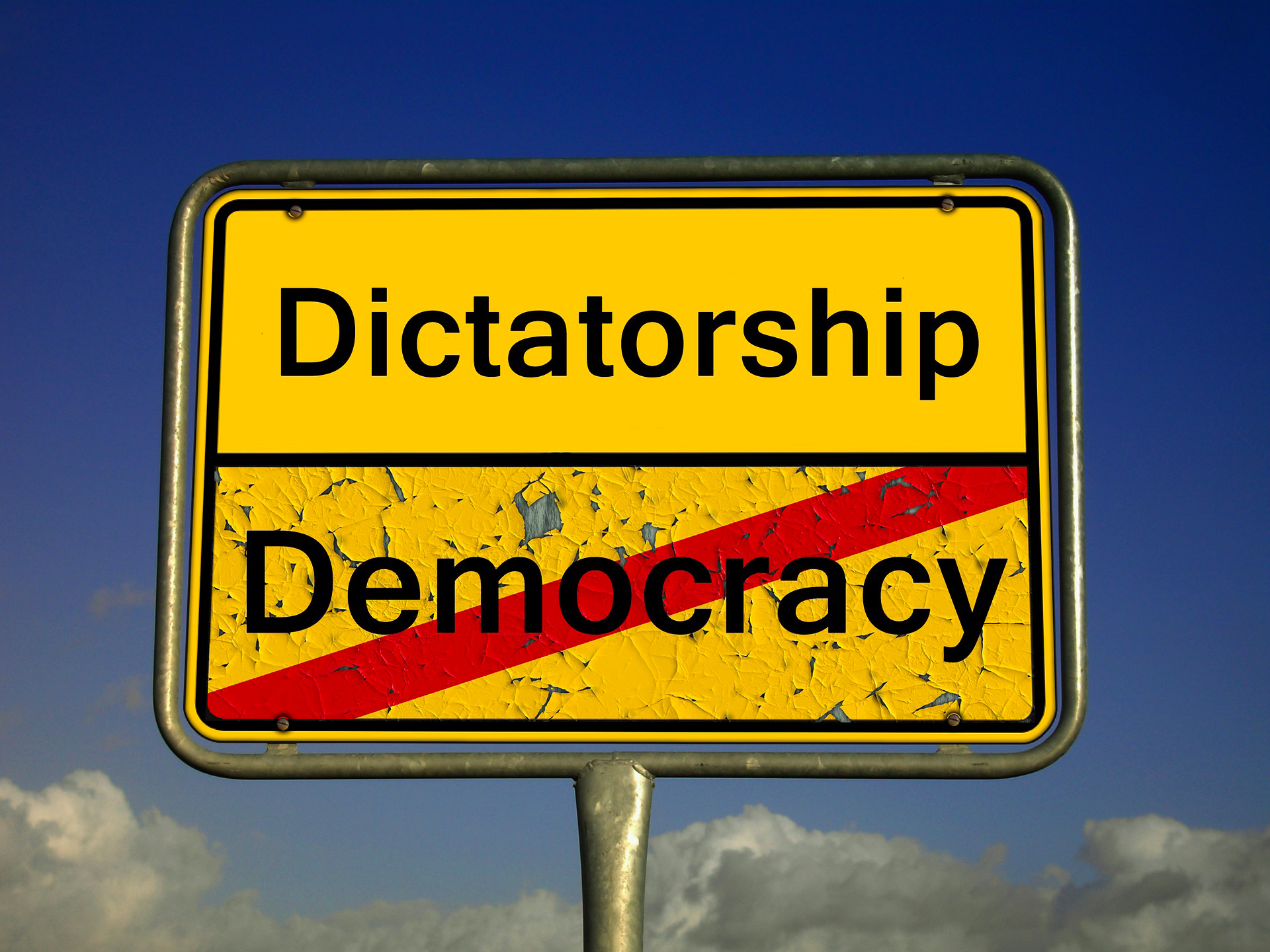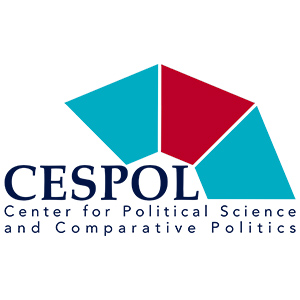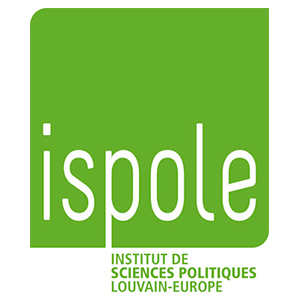QUALIDEM is an interdisciplinary project that intends to bridge the gap between scholars of public policy and students of mass politics. Based on their previous research, it brings together Virginie Van Ingelgom (principal investigator), who specializes in the study of mass publics, and Claire Dupuy, a scholar of comparative public policy (principal collaborator).
The QUALIDEM project offers a qualitative (re)appraisal of citizens’ (dis-)affection towards politics by relying on the core argument of the policy feedback literature: attitudes and behaviours are outcomes of past policy. It aims to explain the evolutions of democratic linkages – political trust, political support, loyalty, formal and informal participation – as being shaped by public policy, and specifically by the turn to neoliberalism and supranationalisation.
On the empirical level, QUALIDEM relies on the reanalysis of qualitative data – interviews and focus groups – from a diachronic and comparative perspective focusing on four Western European countries – Belgium, France, Germany and the UK – with the US serving as a counterpoint. The objective is to systematically analyse the domestic and socially differentiated effects of both the major policy-related macro transformations on citizens’ representations and experiences of politics.
QUALIDEM is funded by a Starting Grant of the European Research Council. It is hosted by UCLouvain – ISPOLE in partnership with Sciences Po Grenoble – PACTE.













